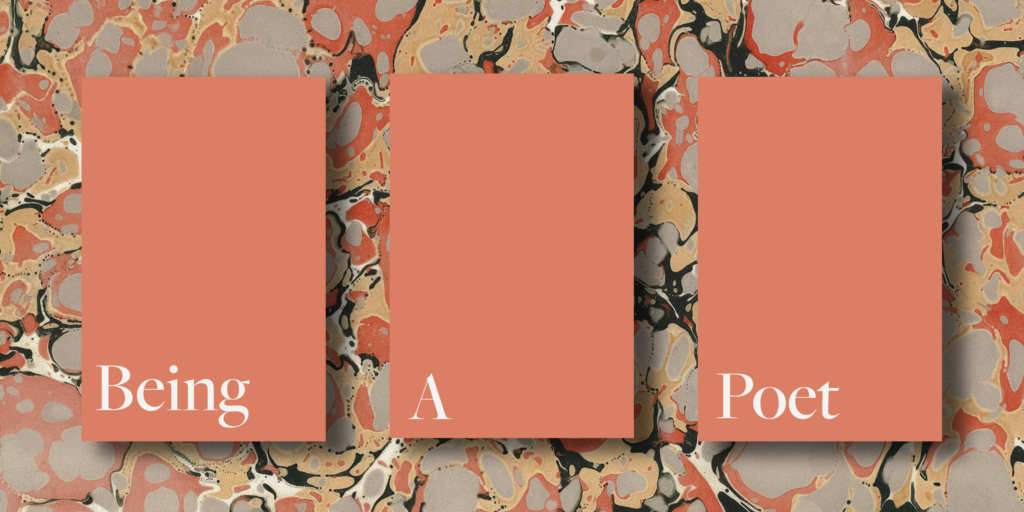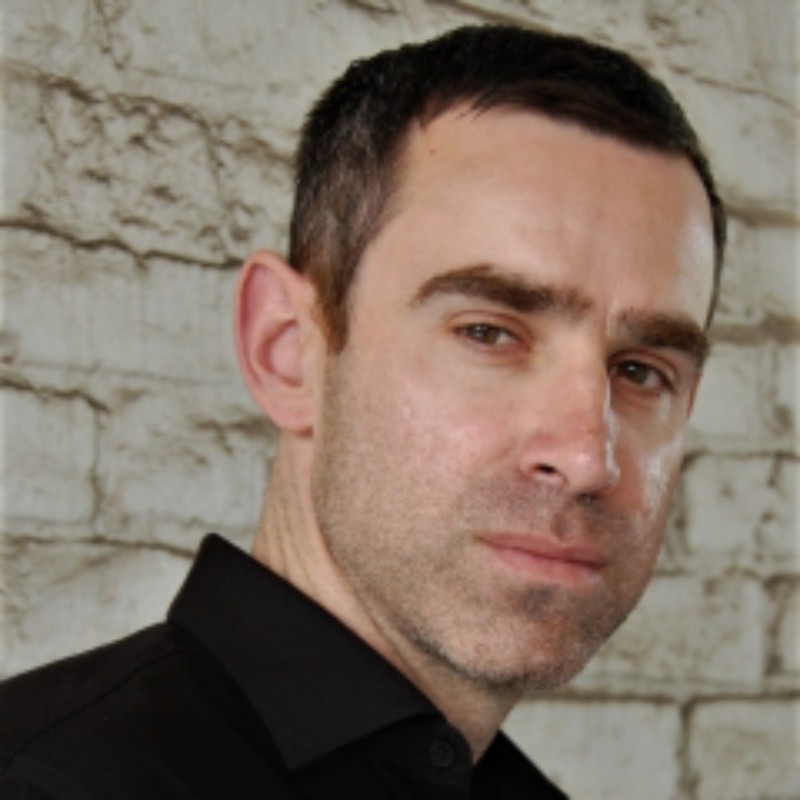In this series, we interview our tutors about poetry and its place in their world. These interviews will cover creative writing tips, excelling in a poetry workshop, building a literary career, and finding your poetic voice. Here’s James Byrne on getting your poetry published.

1. How did you go about getting your first poem/pamphlet/collection published? Any tips or things that you learned from the experience?
You never forget the experience of hovering over a box of debut books. It’s a strange and monumental marker for any author. Your poetry, fought for and with something given away (freely if it’s any good), makes it something odd to release to public scrutiny, but the decision has been made. With this publication is the acknowledgment of an irreversibility within the process, a line drawn, whilst simultaneously being documented, visible to some kind of audience (albeit miniscule compared with other arts, like film or opera).
I was a kid when my first book was published, and I still had so much reading to do. But I do remember the sense of foreboding and significance. Publishing my work initially was a reconfirmation of who I am. To publish meant using my birth name for the first time in over a decade (it had been changed from something other than Byrne during my parent’s divorce). For this reason, I’ll never forget it.
2. How did you identify the right literary magazines or publishers to submit poetry to? Was there anything that you wanted to consider (style/readership/politics?)
I read everything in the Poetry Library (Southbank Centre). They have a great list of materials which used to be on stapled sheets, but is arranged online these days. Back then, as I completed my undergraduate degree, I attended literary events and gave readings and performances of my work in London. But I also read every kind of poetry magazine going before submitting to a regular few. At the time, it was considered fundamental by poetry publishers to have had some work published in some magazines, so I saw it as a part of the process.
It also helped to see things from the other side of the editorial fence, starting a literary magazine (The Wolf), which I ran for 15 years.
3. How has the poetry community played a role in your writing, if at all? Have you workshopped poems to get them ready for publishing or built connections with poets who have helped you on the road to being published?
Poetry can be solitary, as a written activity, but is also very much social in my own practice. The first time my work was seriously noticed by a publisher was during a poetry reading. Workshop has been essential in developing my editorial sensibility, though I tend to think about workshop through a pedagogic and poetics lens also these days.
Poetry is full of ways in which we might experience collaborative learning. Communal understanding from others, an openness to listening in and paying attention to a wide range of aesthetics means a great deal to me. I have been fortunate to work with some extraordinary people from across the world. I learn from reading their work, discussions of poetics, sharing of rough drafts, and have always done this.
4. How important is it to have a strong online presence as a poet? What’s your relationship with social media and poetry? Can it sometimes be more effective for your exposure as a poet to publish your own poetry online rather than go through the arduous submission processes? Is one more valued than the other?
Pre-X, Twitter scrubbed The Wolf account and I’ve not used social media since. I don’t own a television, making me practically antique or invisible. I do get a fair amount done, however, and perhaps I’ll Insta myself on a screen coming to you soon, but I have no current plans to do so.
Once upon a time, relating back to the idea of apprenticeship and workshop, I did publish a whole swathe of poems online, anonymously, on a website where you could get feedback. This helped me develop my ideas, reading and editorial sensibility further. But I wouldn’t publish my books online entire.
5. What are some common mistakes that you’ve made when submitting your work, and how can these be avoided?
I sent my work to Faber when I was 19 or something like that, convinced they’d see what they were missing! (I sense Faber must get a lot of those).
Basic tips: get to know the magazine. Use the editor(s) names. Consider a sliding scale of places you would like to publish in first then work down the list. Have a decent bio that embodies what you do in a practical and aesthetic sense. Don’t be too precious about it. Send work out regularly, it can help clear the desk and move you into the next collection.
6. How important do you feel being published is?
Honestly, I’m not the kind of writer that proudly takes my own books from the shelf and looks at them much at all after they’re published. I want to move onto the next thing. In a way, it’s a perverse thing that we desire our names on the books at all, but we do.
As for my own approach, each collection emanates from a series of ritualistic habits, expressions of language put under some kind of linguistic pressure. This is more important than the book itself; it’s about seeking who we are in the world and what our relationship to others and this planet is. This, if we are lucky, leads to the possibility of discovery, a redefinition of who we are. That’s what I’m in it for. I’m glad the books are out, it has led me to work with some exceptional human beings. But being published is not life itself and opportunistic discussion-making about a poetry ‘scene’ over a poet or poem tend to bore me quickly.

James Byrne is a poet, editor, translator, and visual artist living in London. His most recent poetry collection is The Overmind (2024, Broken Sleep Books). Others include Places you Leave (Arc Publications, 2022) and Of Breaking Glass (BSB, 2022). A Selected Poems, Nightsongs for Gaia, is due in 2025. Byrne was the editor of The Wolf, an influential, internationally-minded literary magazine between 2002 and 2017. In 2012, he co-translated and co-edited Bones Will Crow, the first anthology of contemporary Burmese poetry to be published in English (Arc, 2012) and I am a Rohingya, the first book of Rohingya refugee poems in English. Byrne is the International Editor for Arc Publications and co-editor of Atlantic Drift: An Anthology of Poetry and Poetics (Edge Hill University Press/Arc, 2017). His co-translation with the author Ro Mehrooz of Rohingya poems, Poems Written Through Barbed-Wire Fences, was published by Arc in October 2024.
James will be running the sold out masterclass Poetry, Poetics, and the Lyric Essay, starting Tuesday 6 May 2025. To be added to the waiting list please contact [email protected].
Add your Reply
You must be logged in to post a comment.